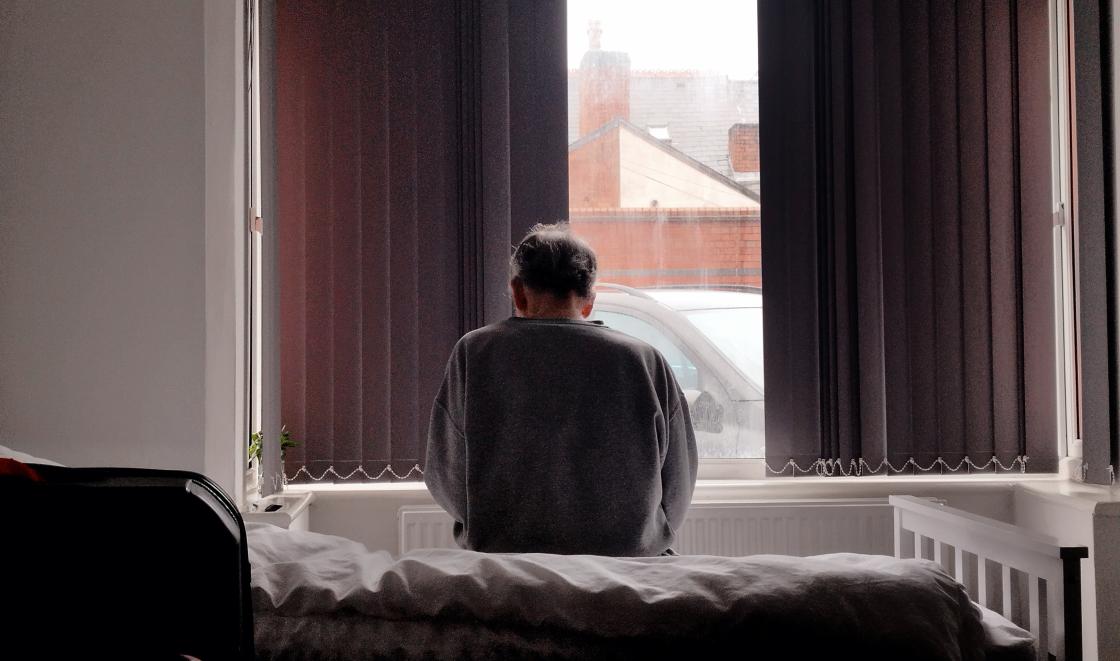Exploring breathlessness and the loneliness epidemic
Palliative and end of life care researchers at the ARC are investigating the relationship between breathlessness and loneliness in older adults, to inform interventions to help reduce loneliness.
Palliative and end of life care researchers at the ARC are investigating the relationship between breathlessness and loneliness in older adults, to inform interventions to help reduce loneliness.
Increasingly older people are feeling lonely – Age UK estimate that by 2026, 2 million people in England aged over 50 will experience loneliness, nearly double the number in 2017. This is a major concern for older people, as well as policymakers and healthcare professionals, as evidence shows loneliness contributes to poorer physical and mental health, lost productivity and earlier death.

Among the various factors which contribute to loneliness, one that is poorly understood is the relationship between chronic breathlessness and loneliness. People with breathlessness are more likely to experience depression, loss of mobility and increasing isolation in their communities – and about 1 in 5 report loneliness. Breathlessness disrupts the daily lives of over a third of older people. It accompanies most chronic conditions, including lung disease, heart disease, cancer and neurological conditions, and it causes high levels of suffering.
Currently there is little research to understand the experiences of older people living with loneliness or the scale of the problem. This project led by Dr Lisa Jane Brighton, a member of the ARC’s palliative and end of life care research theme, aims to address this gap in knowledge.
The researchers will develop a conceptual model of the relationship between breathlessness and loneliness in older adults, to inform interventions to reduce loneliness.
The objectives are to:
Chronic breathlessness disproportionately affects those from the most socioeconomically deprived backgrounds, and most people live with breathlessness in the context of multiple long-term conditions. By developing new knowledge, impacts and evidence to better support people with breathlessness, including supporting them to stay connected with their communities, this research could benefit older people across England
We will carry out this research across two studies, using qualitative and quantitative methods:
At the end of the project, we will explore the findings from both studies with people with relevant personal and professional experience at an interactive event, which will include exhibition of images from the photovoice study. Together, we will identify opportunities for future action.
We have a dedicated service user advisory group comprising individuals personally affected by breathlessness, and with past or current experience of loneliness. We will meet and collaborate with this group throughout to ensure acceptable research methods, successful recruitment, rigorous analysis and interpretation of findings and clear communication of results to multiple stakeholders.
We are working in partnership with the charity Asthma + Lung UK. We will work with diverse service user and professional stakeholders throughout, including people with breathlessness, family carers, healthcare professionals, and academics in respiratory and psychological health.
At the end of this research, we aim to:
This project is funded by the Economic & Social Research Council (ESRC) and will complete in November 2026.